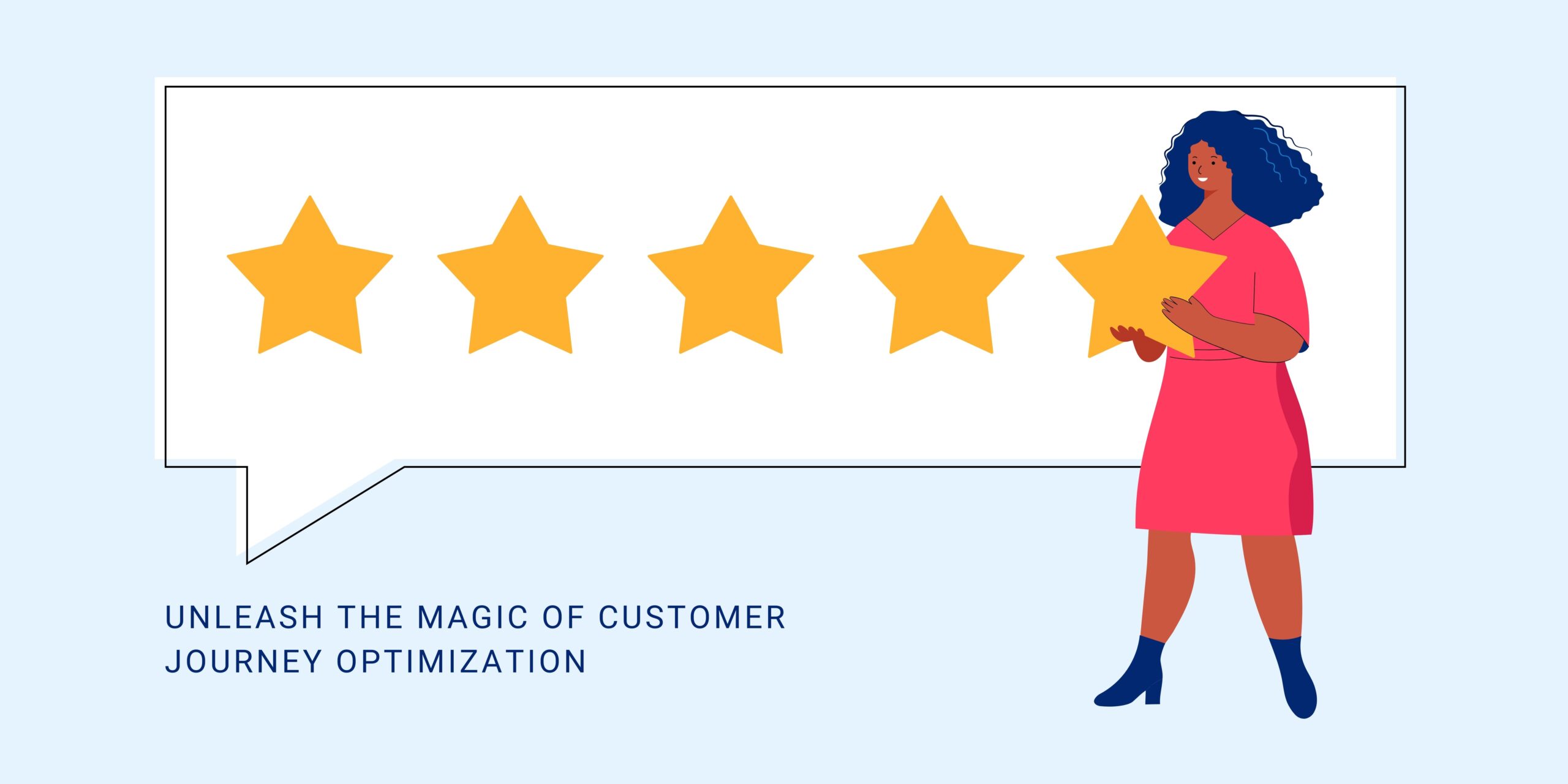Ever wondered why some of your website’s pages seem invisible to search engines? You might be facing a challenge with your crawl budget. While it may sound technical, understanding crawl budget is crucial for optimizing your website’s visibility and ranking potential.
So, What Exactly is Crawl Budget?
Think of it as a search engine’s shopping list for your website. Googlebot, the search engine’s crawler, has a limited amount of time and resources to explore websites. This allocated budget determines how many pages it can crawl, analyze, and potentially index.
Why is Crawl Budget Important for SEO?
Here’s the key takeaway: if a page isn’t crawled, it can’t be indexed, and if it’s not indexed, it won’t show up in search results. This means valuable content and potential traffic could be lost in the abyss of the internet.
Do you need to Worry about Crawl Budget?
For most small to medium-sized websites with a clean structure and limited pages, crawl budget isn’t a major concern. However, larger websites (think e-commerce stores with thousands of products) or websites with technical issues can see their crawl budget stretched thin.
Signs your Crawl Budget might be Suffering:
- Important pages are missing from search results.
- Google Search Console reports crawl errors like slow response times or broken links.
- Your website has a high number of thin content pages or duplicate content.
Optimizing your Crawl Budget for SEO:
Here are some practical steps you can take to ensure Googlebot spends its time wisely on your website:
- Prioritize high-quality content: Focus on creating valuable, informative content that aligns with your target audience’s search intent.
- Fix technical issues: Address slow loading times, broken links, and other technical errors that can hinder crawling.
- Simplify your website structure: Make it easy for Googlebot to navigate your website with a clear hierarchy and internal linking strategy.
- Use robots.txt strategically: Block irrelevant pages from being crawled to avoid wasting crawl budget on unimportant content.
By understanding and optimizing your crawl budget, you can ensure that search engines see the best your website has to offer, ultimately leading to improved SEO performance and attracting more organic traffic.
Latest Digital Marketing News/Blog Updates








Leave a Reply